Virtual banking: ‘Unbanked' citizens a catalyst for economic reform in Indonesia
By Ajay BiyaniApproximately 2.5 billion people globally lack access to financial services and are forced to rely on inconvenient and often risky means to manage their money. These people are classified as ‘unbanked’. There is a high concentration of unbanked citizens in developing economies across South East Asia, Africa and Latin America. Let’s focus on Indonesia.
In 2018, 66% of the Indonesian population was unbanked. That same year, in tandem with the rise of digital technology, 140 digital finance apps were operating in Indonesia; six times as many as there were in 2010. This movement towards mobile and digital activity is helping connect unbanked citizens in Indonesia to financial services. In the ASEAN region, Indonesia is leading the charge in the world of virtual banking, where there’s a tremendous opportunity to convert unbanked citizens and transform the economy.
Onboarding to get smarter
Often, significant unbanked communities reflect the inaccessibility of traditional banking models. Many of the unbanked aren’t financially literate, or logistically can’t access bank branches due to mobility or location reasons. In Indonesia, virtual banking is addressing these challenges by helping an increasing number of citizens access banking and financial services via their personal devices.
Technology has also paved the way for virtual onboarding as the role of digital identity management technology that underpins secure virtual banking comes to the fore. Identity management solutions can virtually vet and assess citizens prior to onboarding and help customers create bank accounts without any need for physical interactions. These systems also ensure financial accounts are locked away behind sophisticated biometric systems to ensure ongoing security.
Beyond security, biometric features can replace the need for paperwork and formal identification like birth certificates or passports - a traditional onboarding requirement. In 2017, 75 million Indonesians, or 30% of the population, lacked birth certificates, meaning a large number of citizens couldn’t meet the requirements to open bank accounts. With biometric tools like fingerprint scanning and facial recognition, Indonesians can create and manage their financial accounts without the need for physical documents.
Banking on virtual banking
Established banks in Indonesia have also started to adopt advanced digital capabilities to offer consumers more seamless and mobile-centric services. And, they can look to the benefits of virtual banking to improve their services. Virtual banking promises a more flexible and intuitive way of banking. It offers instant global payments, frictionless onboarding and can even make personalised suggestions to consumers around budgeting strategies and loan opportunities. These insights are helping Indonesians budget more effectively, make more informed financial decisions around investments, and explore loans, renting, property-buying and lending for the first time. Participating in the financial ecosystem means Indonesians are more likely to find employment, pay taxes and contribute to the greater economic growth of Indonesia.
And the economy is on the up. The country’s GDP per capita has steadily risen, from $823 in the year 2000 to $3,932 in 2018, and its poverty rate has reduced by more than half since 1999, to 9.8% in 2018.
Virtual banking in Indonesia is giving newfound power to its unbanked citizens. And intelligent identity management solutions will complement the growth of this space to ensure citizens online financial experiences are secure, consensual and seamless. As Indonesia rewrites its banking norms and veers towards virtual banking processes, it’s set to transform economically with a robust and empowered citizen base behind it.

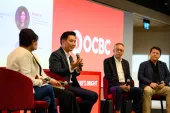


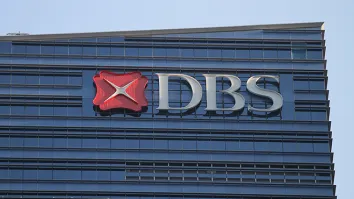


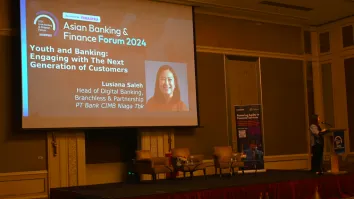
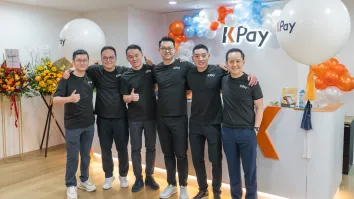
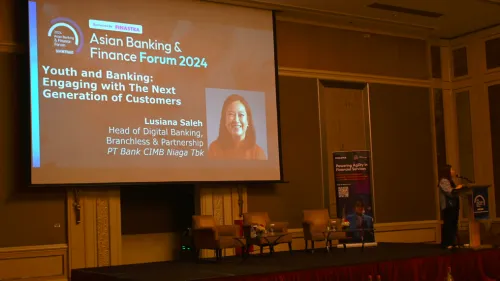
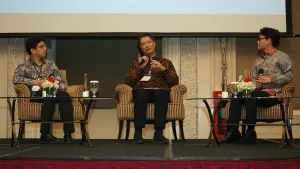
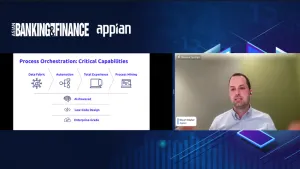
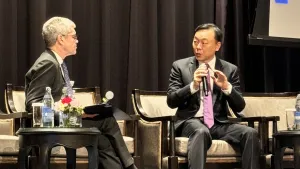




 Advertise
Advertise






